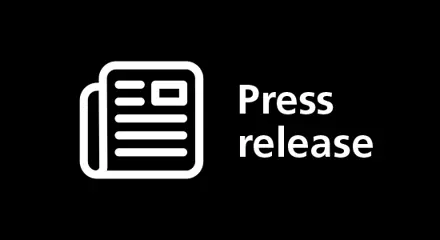





Press Release
CGI sounds a note of caution on the Football Governance Bill
CGI welcomes the plan for a new independent regulator in English football which was announced in the King's Speech but we are concerned that expectations of reform are unrealistically high, and that the Football Governance Bill announced in the King’s Speech on 7th November is promising more than it can possibly deliver.

Press Release
CGIUKI warns that UK corporate boards need to step up their governance approach to be ready for artificial intelligence
The Prime Minister’s announcement yesterday of a new AI Safety Institute to explore the risks of AI developments is a very welcome step forward, as is the announced funding for a super computer and quantum computers which will be available to businesses. However, UK corporate boards must get a move on to prepare for the challenges ahead.

Press Release
The Chartered Governance Institute responds to the government withdrawal of draft new reporting regulations
The Chartered Governance Institute, UK & Ireland, has responded to the government’s announcement today that it has withdrawn the draft Companies (Strategic Report and Directors’ Report) (Amendment) Regulations 2023, which were laid in Parliament on 19 July and were due to be debated in Parliament this month.

Press Release
The Chartered Governance Institute responds to press comment on the role of the general counsel
An article in the Financial Times on 10 September reported that a group of lawyers and academics had criticised the Financial Reporting Council’s review of the UK Corporate Governance Code for an “extraordinary omission” by not formalising the role of the general counsel in the Code.

Press Release
The Chartered Governance Institute calls on the FRC not to buckle under calls to weaken corporate governance provisions
The Chartered Governance Institute, UK & Ireland, has responded to the Financial Reporting Council (FRC) consultation on the review of the UK Corporate Governance Code (the Code) to urge it to protect the huge benefits of the strong governance environment in the UK, balancing the desire to improve the Code against the proportionality of any additional reporting.

Press Release
The Chartered Governance Institute UK & Ireland launches a new series of accreditation and training programmes to raise the standard of board performance reviews
The Chartered Governance Institute of the UK and Ireland (CGIUKI) has launched its series of accreditation and training programmes to lift the standard for board performance reviews.

Press Release
UK’s biggest companies more confident on economy, as they all offer employee support during cost-of-living crisis - The Boardroom Bellwether
A survey of FTSE 350 companies published today finds that the UK’s largest companies are tentatively more optimistic about the global and UK economy – and that every single one of them has taken action to support employees through the cost-of-living crisis.
